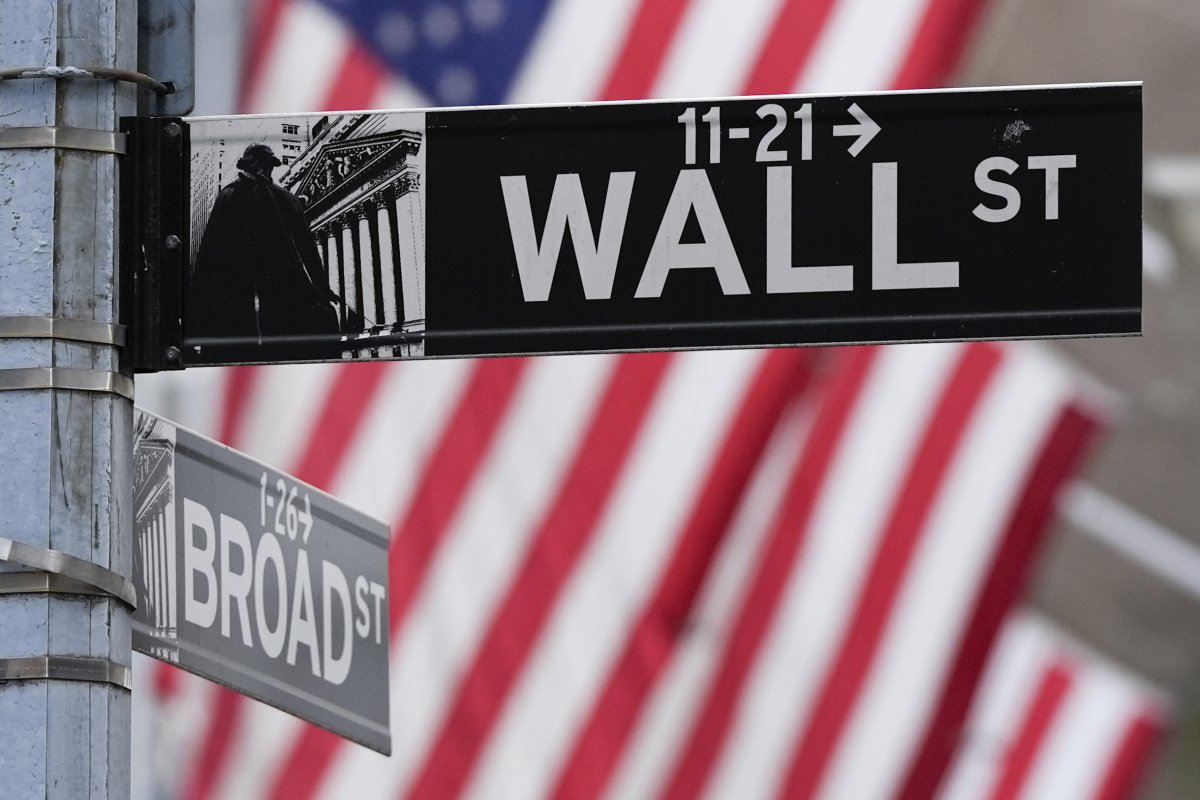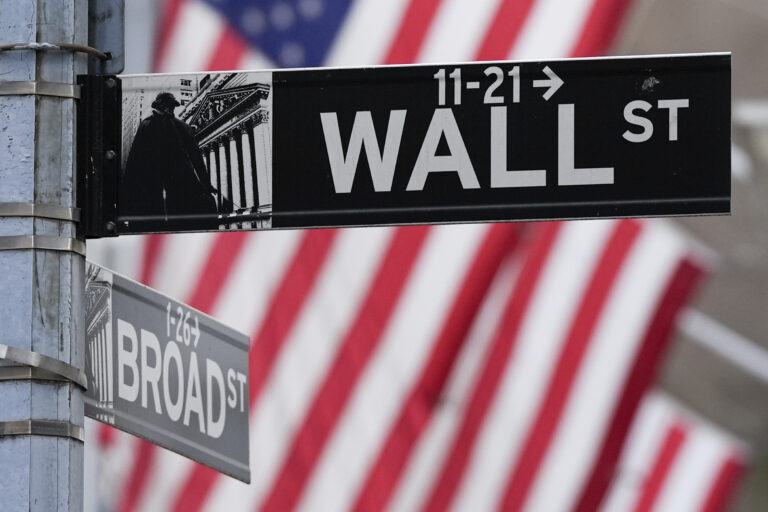Wall Street bonuses hit a record high in 2024, with individual bankers earning average payouts of nearly a quarter of a million dollars, according to state officials.
On Wednesday, state Comptroller Thomas DiNapoli said that the average bonus paid to those working in New York City’s securities industry increased by 31.5 percent in 2024 to $244,700. The bonus pool for the total sector, meanwhile, rose 34 percent to an all-time high of $47.5 billion in the year.
Why It Matters
DiNapoli noted that around one in 11 jobs in the nation’s financial capital are either “directly or indirectly” tied to the securities industry, which accounted for 19 percent of the state’s tax collections in the most recent financial year, meaning this success could be to the benefit of the state and its population at large.
However, with recession fears growing, and average Americans still battling with the effects of persistent inflation, the high sums being paid out could draw criticism from those advocating for more equitable economic policies, while intensifying debates over corporate responsibility, taxation policies, and the role of Wall Street in contributing to wealth concentration and economic inequality.
What To Know
According to the comptroller, securities employment—relating to the buying and selling of financial instruments such as stocks, bonds, mutual funds, and derivatives—hit its highest annual level in at least three decades in 2024, reaching 201,500 workers. This marked an increase from 198,400 the previous year and surpassed the prior peak set in 2000.

Julia Demaree Nikhinson/AP Photo
DiNapoli said that Wall Street’s profits rose 90 percent in 2024, on the back of “increased trading, account supervision, underwriting, and selling revenues.”
In the 2023-2024 State Fiscal Year (April 1 to March 31), the securities industry reportedly contributed 19 percent of New York State’s tax revenue and accounted for 7 percent of the city’s tax revenue in the 2024 City Fiscal Year (July 1 to June 30). He estimated that the 2024 bonuses will generate $600 million more in state income tax revenue and $275 million more for the city when compared to the previous year.
However, in an apparent reference to the actions of the Trump administration, DiNapoli said that Wall Street could see less success in 2025, as “significant federal policy changes may dampen the outlook for parts of the securities industry.”
What People Are Saying
New York State Comptroller Thomas DiNapoli said: “The record high bonus pool reflects Wall Street’s very strong performance in 2024. This financial market strength is good news for New York’s economy and our fiscal position, which relies on the tax revenue it generates. However, increasing uncertainty in the economy amid significant federal policy changes may dampen the outlook for parts of the securities industry in 2025.”
Sridhar Natarajan, chief Wall Street correspondent at Bloomberg, said of the news: “Undoubtedly, the final year of the Biden tenure, as has been the case for much of the last few years, Wall Street has had a very good run, and that is evident in the numbers.”
Economist Dr. Nomi Prins, founder of Prinsights Global and former managing director at Goldman Sachs, told Newsweek: “That 31.5 percent bonus surge reflects a banner year for investment banking fees in 2024—driven by optimism that markets would keep rising and deals would keep flowing. But that momentum is hitting a wall.
“Investment banking pipelines aren’t empty, but they are in wait mode. Uncertainty around markets, tariffs, and the broader economy will put certain key deals on pause. One thing I learned from working on Wall Street: bonuses are based on what just happened—not what’s next. So, while the number says a lot about past profits, it doesn’t say much about where the economy is headed.”
Nada Khader, executive director of New York-based progressive advocacy organization WESPAC Foundation, told Newsweek: “Not only in the United States but all around the world we have a serious problem with extreme wealth inequality. The repercussions of these extreme disparities have impacts on our collective societal health and ecosystem.
“Economically stressed communities have fewer resources to nurture their local environments and take care of their family needs with dignity. We need limits on private wealth accumulation in the same way that we have established minimum wage standards.”
Theodore Moore, executive director of New York-focused advocacy group ALIGN, told Newsweek: “The affordability crisis is the hot-button issue of the moment, but everyone’s talking about the high price of eggs and not the root causes—stagnant wages and runaway corporate power. As corporate profits have skyrocketed they’ve gone to shareholders, not workers, making the rich richer while working families pay the price. And with outsized power to acquire more business, corporate monopolies can drive up prices with abandon. Our economy should work for everyone, not just the wealthy few. We can start to right the ship by raising the minimum wage to catch up with costs and limiting corporations’ power to dominate markets and drive inflation.”
What Happens Next
Along with DiNapoli, economists and financial analysts are bracing for a more challenging year ahead for both financial markets and the U.S. economy as a whole. This outlook has largely been shaped by the anticipated effects of the administration’s trade policies, which have already resulted in significant volatility in recent weeks.
Update 03/26/25, 2:30 p.m. ET: This article was updated with comment from Nomi Prins and Nada Khader.
Update 03/27/25, 8:42 a.m. ET: This article was updated with comment from Theodore Moore.


